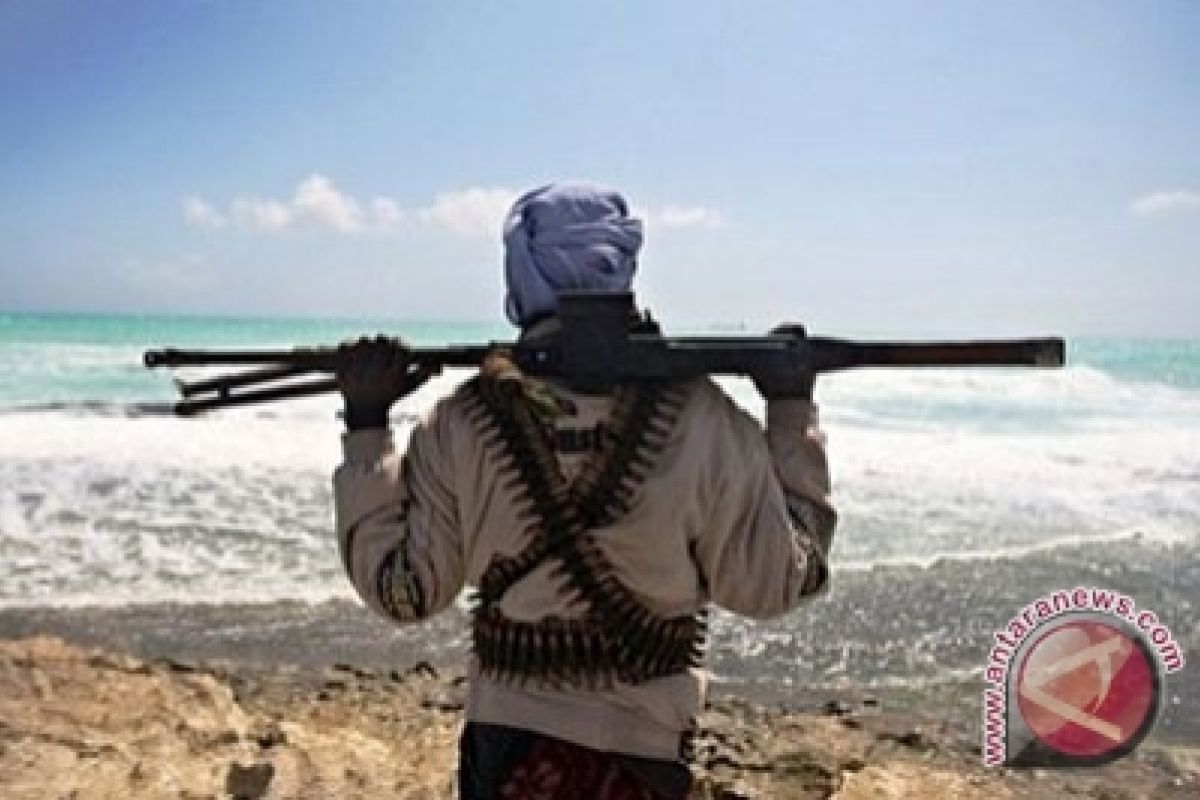"The other two options -- beheading the captain or a $6 million ransom -- were unworkable," Kenyan Joseph Amere told Reuters as he set foot on home soil in the port city of Mombasa.
Somali pirates seized the South Korean MV Golden Wave in October and deployed the fishing vessel as a mothership, a strategy that has allowed them to extend their reach as far south as Madagascar and as far east as a few hundred miles off India.
Amere, who had acted as the crew`s chief negotiator with pirate bosses, said they had been illegally trawling for crabs off the shores of Somalia, a country mired in conflict and awash with weapons since the 1991 fall of dictator Mohamed Siad Barre.
The 43-strong crew, which included two Chinese and two South Korean nationals, had been forced to launch 17 raids on ships plying the busy waterways between east Africa and the Seychelles archipelago, he said. It was not possible to verify the reports.
Pirates last week hijacked a U.S.-bound supertanker carrying crude oil worth about $200 million, one of the most valuable cargoes seized.
The tanker industry said the Irene SL hijacking marked a significant shift in the impact of the piracy crisis which was spiralling out of control in the Indian Ocean.
Pirate gangs are making tens of millions of dollars in ransoms, and despite successful efforts to quell attacks in the Gulf of Aden, international navies have struggled to contain piracy in the Indian Ocean owing to the vast distances involved.
"It was a horrifying experience, constantly under guard and endangering our lives to hijack ships," said Amere, recounting how the crew had been forced to scale up the side of lurching bulk carriers and use weapons to commandeer vessels.
"We were hapless and the Somali pirates used our numbers to their advantage."
The Golden Wave was freed earlier this month. It was not clear if a ransom was eventually paid. (*)
Editor: Kunto Wibisono
Copyright © ANTARA 2011


